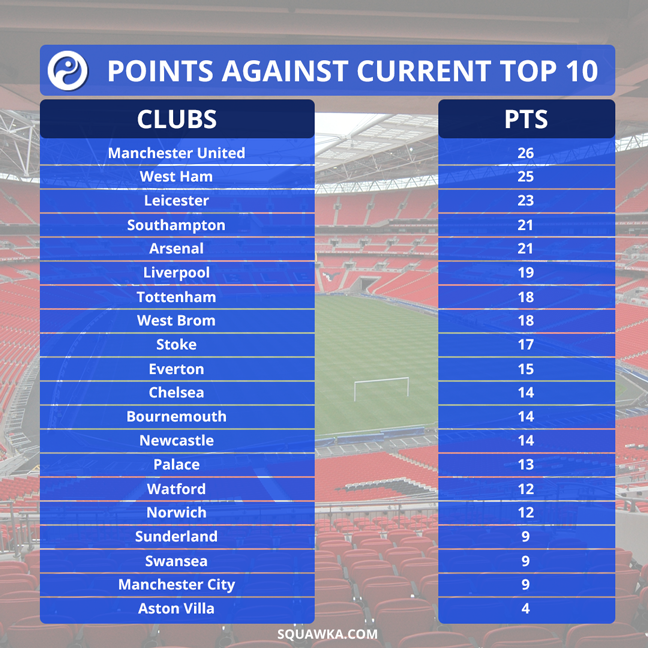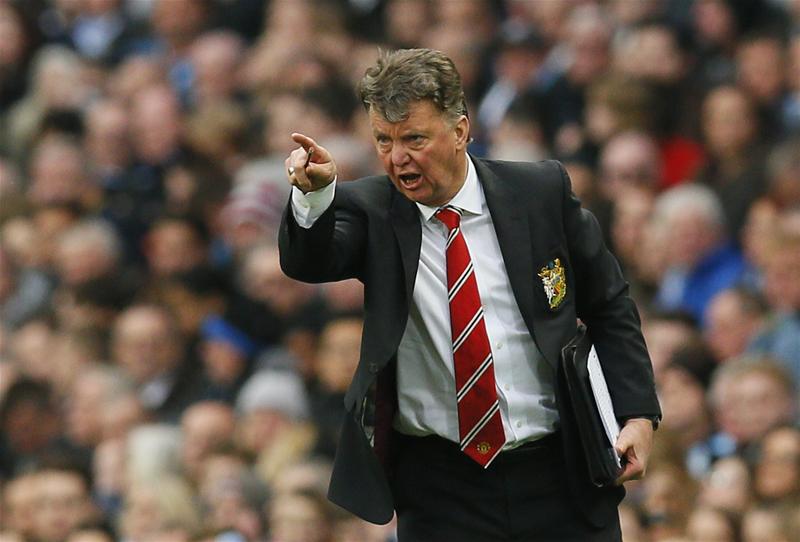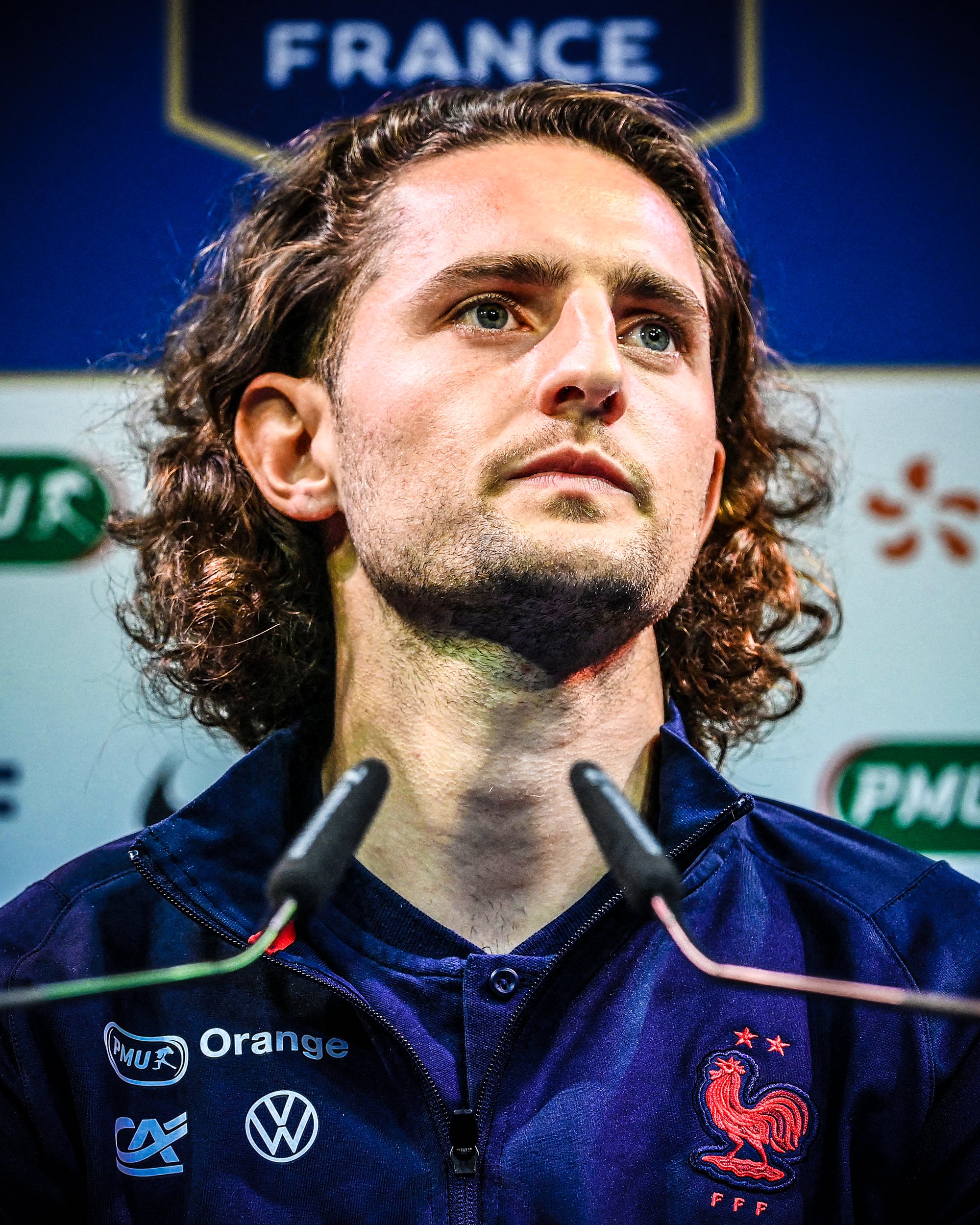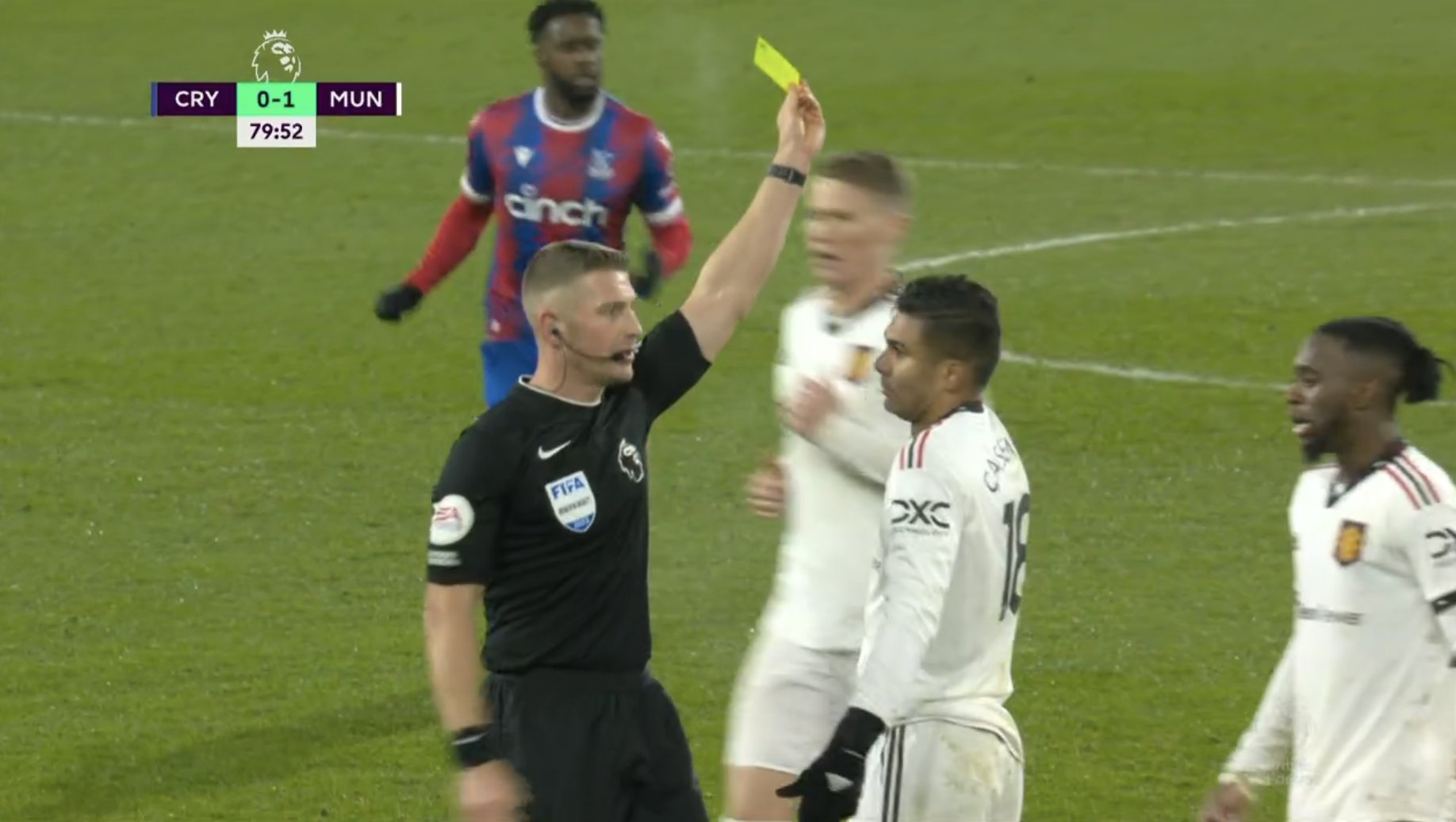By Greg Johnson
It’s official. No team has won more points against the Premier League’s current top 10 this season than Manchester United; a fact that may be even more surprising than the club’s ability to conjure up a victory against Manchester City at the Etihad.
Their 1-0 away win over the Blues, in the second Manchester derby of the season, came against the run of form in a campaign that has seen Louis van Gaal’s side struggle to produce too many convincing or consistent performances, home or away.
After watching their side crash out of Europe for the second time in four months, defeats to bottom-half teams West Bromwich Albion and Sunderland in recent weeks and labour, even in victory, versus Liverpool and Watford, the mood among many supporters was decidedly pessimistic prior to United’s clash with City.
Unlike last year, when it seemed as though the philosophy Van Gaal had tried to instil at Old Trafford was finally beginning to show its strengths in a run of six straight wins between the end of February and mid-April — which included commanding wins over Tottenham Hotspur, Liverpool and City — the Dutchman’s team are still to string together a decent run of result this term.
Their best sequence in the league saw they win three straight games in September 2015, which was balanced out by three consecutive defeats a few weeks later in December. Otherwise, their record of results has been patchy at best but good enough to put them ahead of the Premier League’s giant killers and other heavyweight contenders this season.
With 26 points taken from teams currently in the top half of the table, they are unmatched when it comes to taking on teams placed between first and 10th in the table at present: Leicester City, Tottenham, Arsenal, City, West Ham, Southampton, Stoke City, Liverpool and Chelsea. Only bottom-placed Aston Villa have taken fewer points against these teams than the club most recently defeated by United.
Unlike Van Gaal’s side, who have been erratic yet adept at dealing with the upper crust of the Premier League, Manuel Pellegrini’s players have blundered through their encounters with the elite. However, City have managed to make their quality pay against the league’s lesser sides, something that has troubled United under the Dutchman.
False dawns have become a regular occurrence at Old Trafford since the retirement of Sir Alex Ferguson in 2013, especially during Van Gaal’s reign. Whenever it has looked as though a corner may be about to be turned in the wake a few impressive performances or encouraging wins, disaster has struck, the team has reverted back to bad habits or some change or other has been made by the manager to head off attempts to build up some momentum.
However, United’s impressive record against the top 10 should be considered a product of their manager’s much maligned philosophy. Against the leading clubs, an ability to take the initiative can be all-important. Almost every team plays to some kind of system these days: it’s one of the fundamental features of the modern game. It’s no longer enough to throw on a few players, get their minds in gear and let them get on with it. Managers will spend weeks getting their squads ready to face opponents. Anyone who doesn’t arm their players with some sort of game plan is naive at best.
Yet focusing entirely on the opposition’s strengths and how to stop them understandably limits a team. If taken to extremes, a side will become entirely reactive and reliant on responding to the agenda set by their competitors, and unable to control games or dictate play. Under David Moyes, United suffered this fate for a season, becoming stronger away from home than at Old Trafford and gaining more points from beating the smaller sides while gaining little in their showdowns with supposed rivals at the top of the Premier League.
While the Scot poured his efforts into organising the defence to make his team hard to beat, he left the matters of how to attack to his forwards, who appeared free to do what they thought best as individuals left to their own devices rather than working around any set or structured patterns of play going forward. Counter-intuitively, it was an approach that worked relatively well for United against their more dominant opponents in the Champions League and Moyes was able to steer United into the a quarter-final tie against Pep Guardiola’s Bayern Munich in 2014.
By contrast, Van Gaal has based his own workings and reputation on the need for an under-lying process, based on a supposedly more rationalised theory of how to build a team and play football, with the unique qualities and characteristics of his players ultimately subservient to the the methods and instructions set down from on high.
To have a philosophy of how to play is to aspire to create something above and beyond the norm, otherwise what would be the point? For all of its aesthetic and emotional pull, football is still a competitive sport, and one in which the stakes are always rising. If there weren’t advantages in trying to do more than just respond to the tactics of the opposition, a more proactive approach would never be pursued.
When the most elite teams meet, it is so often their competing identities and formation shapes that decide the contest as much, if not more so, than the actual players involved.
It is against the weaker sides where systems can hit a blockage with those clubs more willing and better prepared to sit extremely deep and deny their opponents space in order to turn a more dominant foe’s possession-based approach against them. United have often been frustrated under Van Gaal when faced with opposition from the bottom half of the Premier League or, as in the League Cup and FA Cup, English Football League.
Van Gaal has given United an ethos to work around in order to become the most effective team against sides in the top half of the Premier League but has gone too far and stifled (or sold) the individuals who could otherwise offer his team a change of pace during games, and a different approach when the process isn’t producing results.
Regardless of who takes over after Van Gaal, whether such a succession takes place, as is widely expected, this summer or after the culmination of the Dutchman’s contract in 2017, they will take over a side that has already been armed with the framework to reign over the top 10.
The challenge ahead will be in ensuring the system’s full potential can be unlocked by the addition of individual talents that can make the difference in the sort of matches were the process does not compute.





COMMENTS